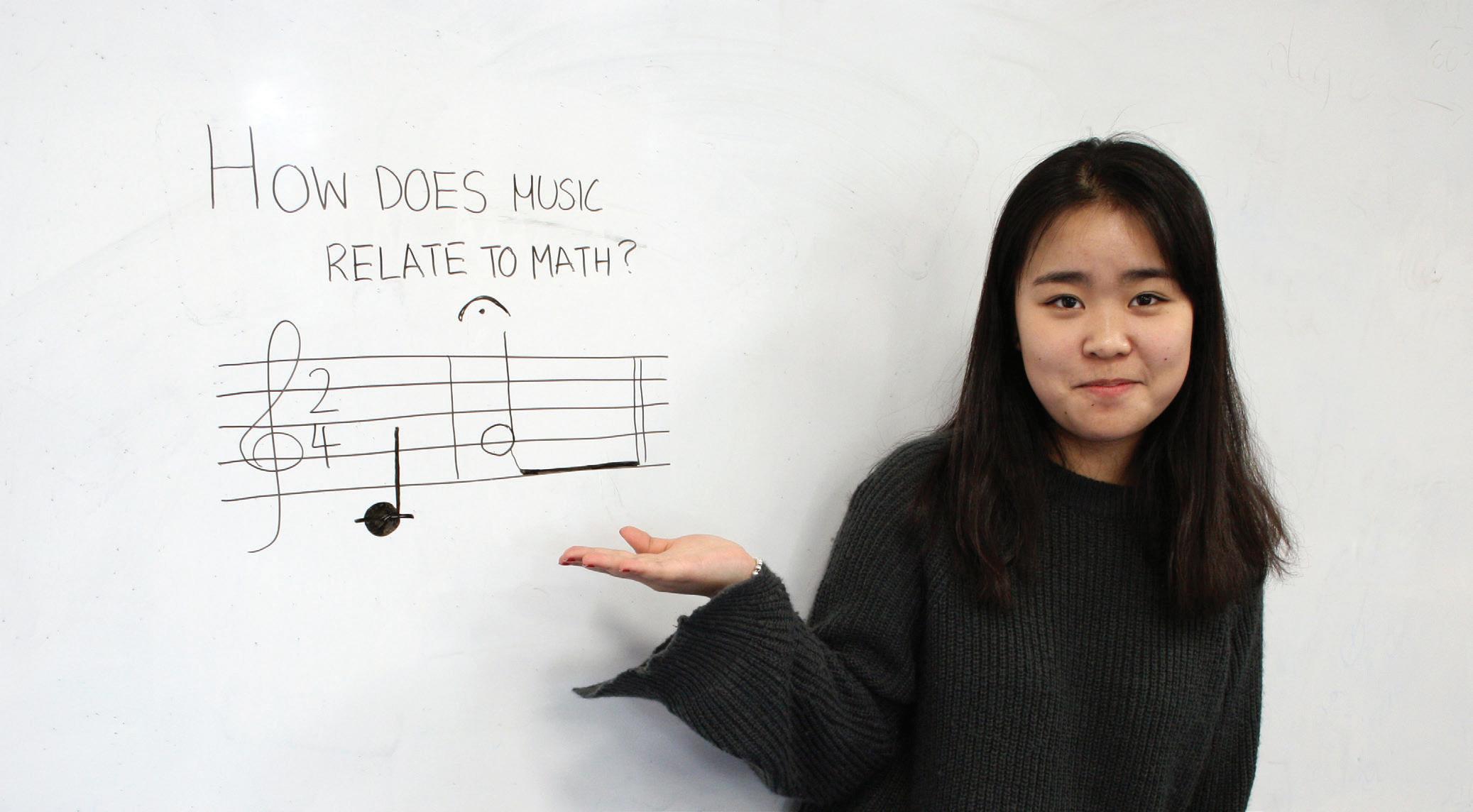
4 minute read
Sister schools and study tours – a passport to the world, Brendan Hitchens
Canterbury Primary School students climbing Mt Huangshan, China
Sister schools and study tours – a passport to the world
Such trips are more important than ever, writes Brendan Hitchens
If the world is a classroom, then education must be experiential. Learning must be a partnership and content must have real context. School study tours are one medium that goes a long way towards achieving this.
Overseas study tours, and particularly when home-stay accommodation is involved, offer an educational opportunity like no other. The immersive experience develops students’ cultural competence by acknowledging and debunking previously held biases or stereotypes. The study tours develop a new perspective and global mindset in students, granting them a greater awareness of themselves and others. They provide self-confidence by offering leadership opportunities that don’t just engage students, but empower them. They provide challenges that stretch comfort zones, whilst making resilient problem-solvers in the process. They give students the opportunity to be active global citizens by positioning them as participants, not merely observers. They provide genuine opportunities for language acquisition by speaking in non-native tongues and encouraging multilingualism. They develop curiosity and open-mindedness by asking questions and challenging answers. They make learning visible across subject disciplines by students being exposed to different educational systems, and they offer a chance to celebrate diversity through being accepted into a new community. These are all invaluable skills that a classroom setting alone can’t offer and, most importantly, the skills that students will take in to their adult lives to create a more tolerant, empathic and inclusive world.
Canterbury Primary School in Melbourne, Australia and Jiangsu Primary School Attached in Suzhou, China have a strong sister school relationship and see the importance of internationalising education and global citizenship. For the past six years a reciprocal study tour program has taken place where students spend time at each other’s school and houses, and are immersed in each other’s culture and daily lives. Whilst the tours take in visits to significant attractions and landmarks, it is the time spent learning together that has the most profound effect. Ms Tao, Principal of Jiangsu
Canterbury Primary School students at The Great Wall of China

Primary School Attached, says: ‘In the process of growing up, it is essential for students to learn the cultures of others and to have a firsthand experience. In the past, students could only learn about things around them, but now they are able to step out of their comfort zone to interact with other students and their families in Australia. This broadens their horizon as they not only learn how to interact with others but also learn the lifestyle, habits and mindset of people from across the world’. Canterbury Primary School Principal David Wells agrees: ‘Sister school relationships provide genuine contextualised opportunities for students to experience different cultures, to make lifelong friendships and to expand their future opportunities for both learning and working. For teachers, they provide the opportunity to learn, to reflect on and improve their practice by taking the best from two systems and putting it together to improve learning for all students’.
Improving learning outcomes for all students is a major focus for The New Pedagogies for Deep Learning Global Partnership (https://npdl.global/). Working with over 1300 schools in 7 countries, their model frames curriculum around collaboration, critical thinking, creativity, citizenship, communication and character. These are, as asserted by global directors Michael Fullan, Greg Butler and Joanne Quinn, ‘the skill sets each and every student needs to achieve and excel in, in order to flourish in today’s complex world’. In a similar way, The Melbourne Declaration is the vision for the educational goals of young Australians, agreed upon by all Australian Education Ministers. The major focus area is for ‘all young Australians to become successful learners, confident and creative individuals, and active and informed citizens’. On the last point, it details the importance of students being able to relate to and communicate across cultures and to appreciate social, cultural, linguistic and religious diversity. The Melbourne Declaration acts as a guiding document for the Australian Curriculum through which intercultural understanding is a strand. This strand addresses the notion of active and informed citizens through declaring intercultural understanding as ‘an essential part of living with others in the diverse world of the twenty-first century. It assists young Canterbury Primary School students in Suzhou, China


Canterbury Primary School students at the top of Mount Huangshan, China
people to become responsible local and global citizens, equipped through their education for living and working together in an interconnected world’. The strand focuses on three key dispositions in expressing empathy, demonstrating respect and taking responsibility.
Education is about preparing students for the future – and with the future so uncertain, the knowledge, skills and dispositions of intercultural understanding, and indeed those which Study Tours develop, are more vital to our students now than ever before.









